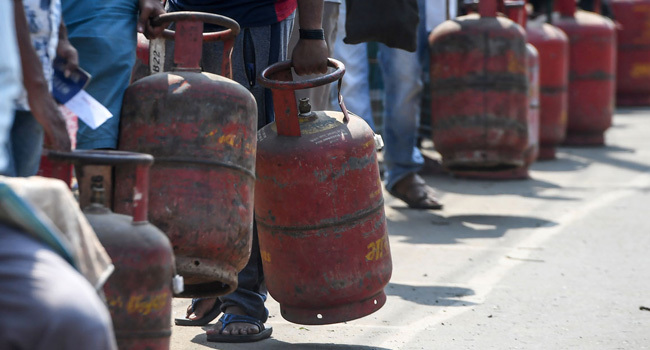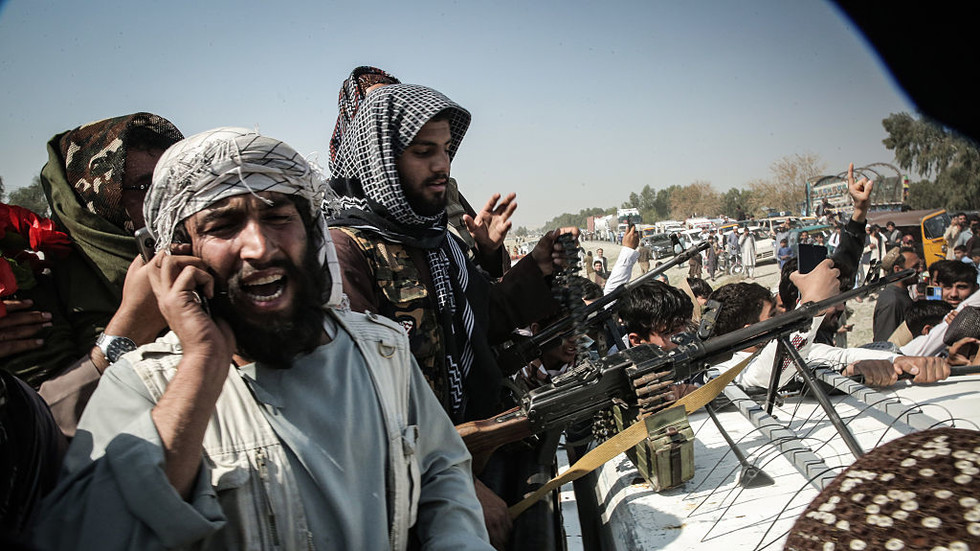Israel’s announcement of a military operation to seize control of Gaza City sparked swift international condemnation Friday, with Palestinian officials urgently calling for a United Nations Security Council meeting to address the escalating crisis. The plan, approved during a late-night Israeli security Cabinet meeting, deepens tensions in the 22-month conflict, which has already claimed thousands of lives and displaced over a million people in the besieged enclave.
Palestinian U.N. Ambassador Riyad Mansour labeled the move a “crazy, irresponsible, dangerous, vicious plan,” urging the Security Council to convene as early as Friday afternoon to prevent further escalation. He emphasized that Gaza City, home to roughly one million Palestinians, faced catastrophic risks under the proposed occupation. Prime Minister Benjamin Netanyahu’s strategy to extend military control over all of Gaza, starting with its largest urban center, has drawn particularly sharp criticism for potentially exacerbating humanitarian suffering.
Saudi Arabia condemned Israel’s actions as part of a campaign marked by “starvation, brutal practices, and ethnic cleansing,” asserting in a Foreign Ministry statement that Palestinians’ rights to their land remain rooted in “emotional, historical, and legal connections.” The Saudi government also criticized the international community for failing to halt the violence, a sentiment echoed by Pakistan’s Prime Minister Shehbaz Sharif. In a social media post, Sharif called the Israeli Cabinet’s decision a “dangerous escalation” that undermines peace prospects, linking the conflict to Israel’s “prolonged, illegal occupation” of Palestinian territories.
European nations issued mixed responses. The Czech Republic, while traditionally supportive of Israel, warned that the plan constituted a “risky step,” with Foreign Minister Jan Lipavský stressing that adherence to international law and civilian protection must remain priorities alongside hostage releases and cease-fire efforts. Germany, a long-standing ally of Israel, took a firmer stance by halting military exports potentially destined for Gaza. Chancellor Friedrich Merz cited the need for caution, announcing a suspension of such approvals “until further notice”—a notable shift for a country that has supplied Israel with arms for decades.
Spain and Turkey also voiced alarm. Spanish Foreign Minister José Albares warned the operation would bring “more destruction and suffering,” while Ankara accused Israel of advancing “expansionist” policies through the escalation.
The proposed occupation of Gaza City arrives amid heightened regional instability, with analysts warning it could further destabilize cease-fire negotiations and complicate efforts to address Gaza’s humanitarian crisis. Over 80% of the enclave’s population relies on aid, according to U.N. estimates, with infrastructure critically damaged after months of bombardment.
As diplomatic pressure mounts, focus now turns to the Security Council’s response. Mansour’s plea for urgency reflects growing fears that Israel’s latest strategy could mark a irreversible turning point in one of the world’s most protracted conflicts.



